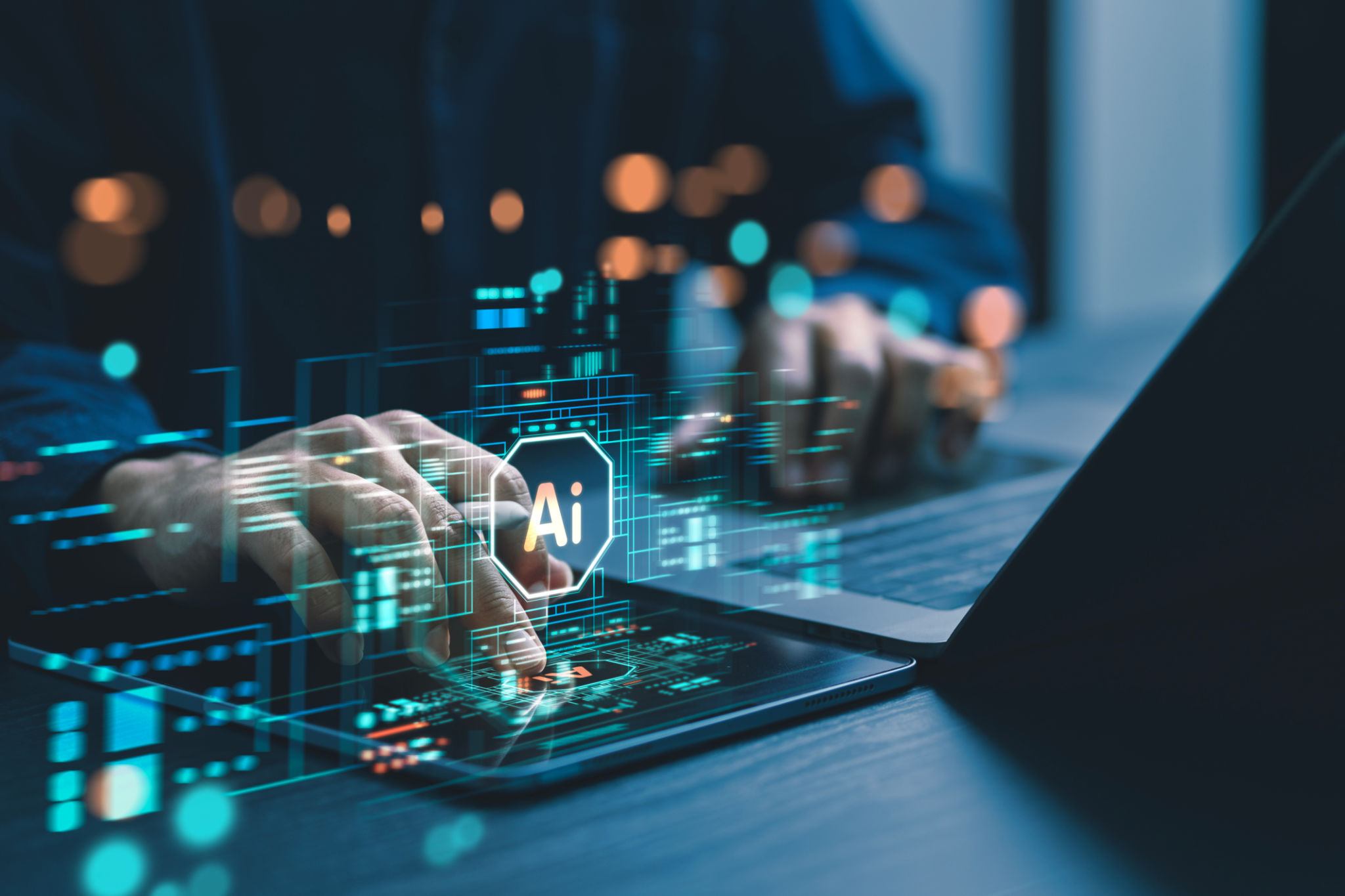AI Integration in Business: Debunking Common Myths
Understanding AI Integration
The integration of Artificial Intelligence (AI) into business operations is no longer a futuristic concept; it's happening now. However, despite its growing prevalence, there are numerous myths surrounding its implementation. These misconceptions can lead to hesitation or misguided strategies. This article aims to debunk some of these myths and provide clarity on AI's role in modern business.

Myth 1: AI Will Replace Human Jobs
A common fear is that AI will replace human jobs, leading to unemployment on a massive scale. While AI can automate repetitive tasks, it also creates new job opportunities. AI systems require skilled professionals for development, management, and maintenance. Moreover, by automating mundane tasks, AI allows human employees to focus on more strategic, creative, and high-value work.
Organizations that integrate AI effectively often find that it complements human labor rather than replacing it. It enhances productivity and enables employees to engage in work that requires emotional intelligence and complex decision-making.
Myth 2: AI Is Only for Large Corporations
Another widespread belief is that AI is only accessible to large corporations with substantial budgets. In reality, AI technology is becoming increasingly affordable and accessible to businesses of all sizes. Cloud-based solutions and open-source platforms allow small and medium-sized enterprises (SMEs) to leverage AI without significant upfront investments.

Furthermore, many service providers offer scalable AI solutions tailored to specific industries or business needs. This means that even smaller companies can benefit from AI-driven insights and efficiencies.
Myth 3: AI Lacks Creativity
Some argue that AI is inherently uncreative and cannot contribute to creative fields such as marketing or design. However, AI can indeed enhance creativity by analyzing vast amounts of data to identify patterns and trends that might not be immediately apparent to humans.
For example, in marketing, AI can analyze consumer behavior to generate insights that inform innovative campaigns. In design, AI tools can assist in generating new concepts or styles by learning from existing designs. Thus, AI acts as a powerful tool for creativity rather than a replacement for human ingenuity.

Myth 4: AI Is Too Complex to Implement
Many businesses are intimidated by the perceived complexity of implementing AI solutions. While it's true that AI involves sophisticated technology, modern AI tools are designed with user-friendliness in mind. Companies can start small by integrating AI into specific areas and gradually expand its use as they become more comfortable with the technology.
Collaboration with AI experts or consulting firms can also ease the implementation process. These professionals can guide businesses through the initial setup and help customize AI solutions to align with specific business goals.
The Reality of AI Integration
AI integration is not an insurmountable challenge but an opportunity for businesses to innovate and grow. By understanding and addressing these myths, companies can better position themselves to harness the full potential of AI. Embracing AI can lead to improved efficiency, enhanced customer experiences, and new avenues for growth.